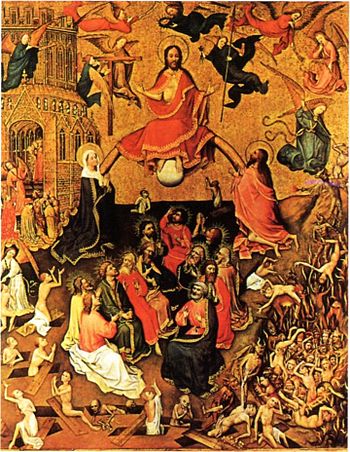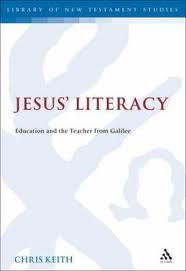Continuing . . . .
The final account to be considered is that of the Greek geographer and historian Strabo who was probably writing early first century CE. The passage is found in Book 16, chapter 2 of his Geography.
According to Strabo Moses was an Egyptian priest who established a religion that stood against the traditional focus on idols and sacrifices. “Superstitious” and “legalistic” regulations such as food laws, circumcision, etc. were only introduced after the death of Moses.
35 Moses, namely, was one of the Egyptian priests, and held a part of Lower Egypt, as it is called,
but he went away from there to Judaea, since he was displeased with the state of affairs there, and was accompanied by many people who worshipped the Divine Being.
For he says, and taught, that the Egyptians were mistaken in representing the Divine Being by the images of beasts and cattle, as were also the Libyans; and that the Greeks were also wrong in modelling gods in human form; for, according to him, God is this one thing alone that encompasses us all and encompasses land and sea — the thing which we call heaven, or universe, or the nature of all that exists. What man, then, if he has sense, could be bold enough to fabricate an image of God resembling any creature amongst us? Nay, people should leave off all image-carving, and, setting apart a sacred precinct and a worthy sanctuary, should worship God without an image; and people who have good dreams should sleep in the sanctuary, not only themselves on their own behalf, but also others for the rest of the people; and those who live self-restrained and righteous lives should always expect some blessing or gift or sign from God, but no other should expect them. Continue reading “Moses and the Exodus: again, Moses as an Egyptian Priest”




